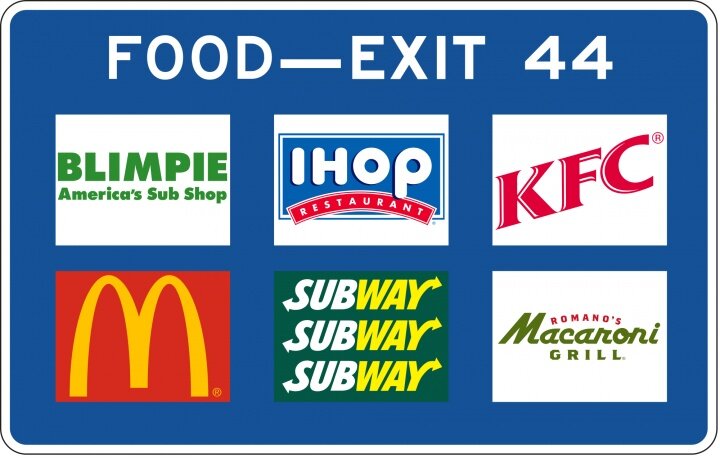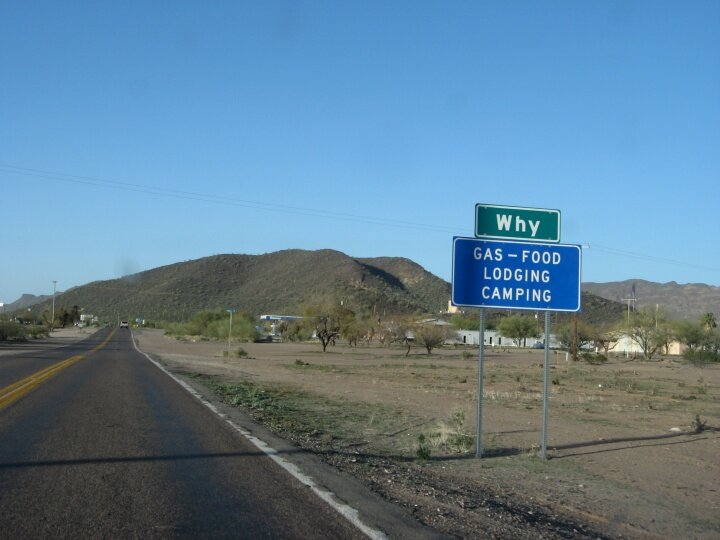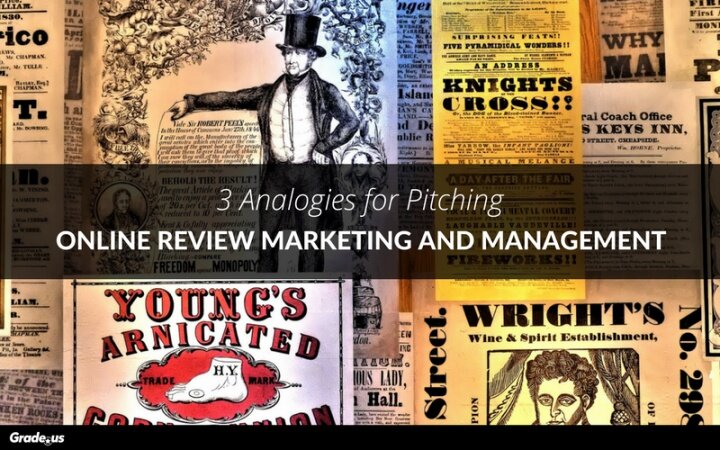- Joined
- Mar 15, 2016
- Messages
- 474
- Reaction score
- 252
Clients are losers.
They’re losing business to competitors, losing because they’re missing reviews, losing because they have negative reviews. The vast majority of clients are struggling to get ahead.
They’re constantly losing business.
Because these clients have a reputation problem.
They’re viewed a certain way by customers around them. Most of the time, that perception is poor.
1. Non-existent. Their online reviews are non-existent, they aren’t even considered as an option because customers don’t know they exist.
2. Poor quality. The ratio of positive / negative reviews are out of whack. Customers leave more negative reviews than positive.
3. Shallow & insignificant. Customers leave short, unhelpful and poorly written reviews. The reviewers aren’t credible, believable or relevant.
Your clients need traffic leads and sales. Reviews offer that. But thanks to these problems, customers aren’t willing to take a risk.
Clients won’t take a risk if they don’t understand
When it comes to online reviews, unsophisticated clients don’t get it. They’re a little fuzzy about online reviews, but it’s hard for them to understand the value.
As soon as they hear jargon they glaze over.
Most don’t understand SEO, they don’t know what SERPs are and they definitely don’t understand knowledge panels or local packs.
Which is exactly how most agencies sell online review marketing and management services.
Here’s why that’s a disaster.
The vast majority of clients won’t admit they don’t understand. They’ll simply reject your offer without explaining why in order to save face.
They don’t want to look stupid.
Want to increase your conversion rate when pitching non-digitals? It’s actually pretty easy.
You use analogies to sell your pitch.
Pretty obvious, right?
Choosing the right analogy isn’t obvious
If you want your analogy to be successful, it needs to meet three criteria.
1. Easy to understand
2. Commonly used
3. Relevant to your pitch
Miss any of these criteria, and a successful pitch is pretty unlikely.
Wait a minute?
Why use analogies at all? Couldn’t you use something, anything else besides an analogy?
You could, but it’s less likely to be successful.
Here’s why.
An analogy transfers meaning from something your client knows well, to something your client doesn’t understand at all.
This is why an analogy is so important.
When it’s done well, your analogy takes a completely foreign idea and it makes it acceptable.
Analogies create safety.
Safety gives your clients the ability to assess risk. When they’re safe, they’re in a position to evaluate your pitch and make a decision. They can’t make the decision you want if they’re not feeling safe.
Where do you start?
What are some analogies you can use to instantly convey value to prospective clients?
Analogy #1: Hungry on a Road Trip
The vast majority of adults have driven on a highway. If you’re like most people, you’ve done your fair share of traveling, which means you’ve also experienced the unpleasant downside to driving on the highway.
Need.
If you’ve traveled with kids, you know what I’m talking about. A potty emergency where kids are in full panic mode. They need to get to a bathroom.
Now.
If you’ve done a fair bit of driving on the highway, you’ve experienced hunger on the road. You’ve run out of gas. You’ve needed a place to stay for the night.
So, you look for this:

or this:

Right?
This analogy is perfect because it meets the criteria we established earlier.
? Easy to understand. We’ve spent years looking for and reading these signs. So, as far as analogies go, it’s intuitive and self explanatory.
? Commonly used. When we need something, we automatically look for these signs. Which is exactly what customers do when they search for something online.
? Relevance. Customers searching on Google have the same problem. There’s a need, a problem customers want solved. Could be as simple as finding a great place to eat or as complex as corporate tax planning advice. The Road trip analogy works because it’s analogous to search.
When do you use this analogy? You use it…
- On your website
- On your direct mail pieces
- With images (e.g. road signs)
- In your pitch
Here’s the great part about this analogy. It’s an excellent way to explain local SEO, knowledge panels and local packs, without boring or overwhelming customers.
Check out Andrew's post here, and see the 2 other killer analogies for pitching ORMM.
Can you think of any other good ones that weren't on Andrew's list?





